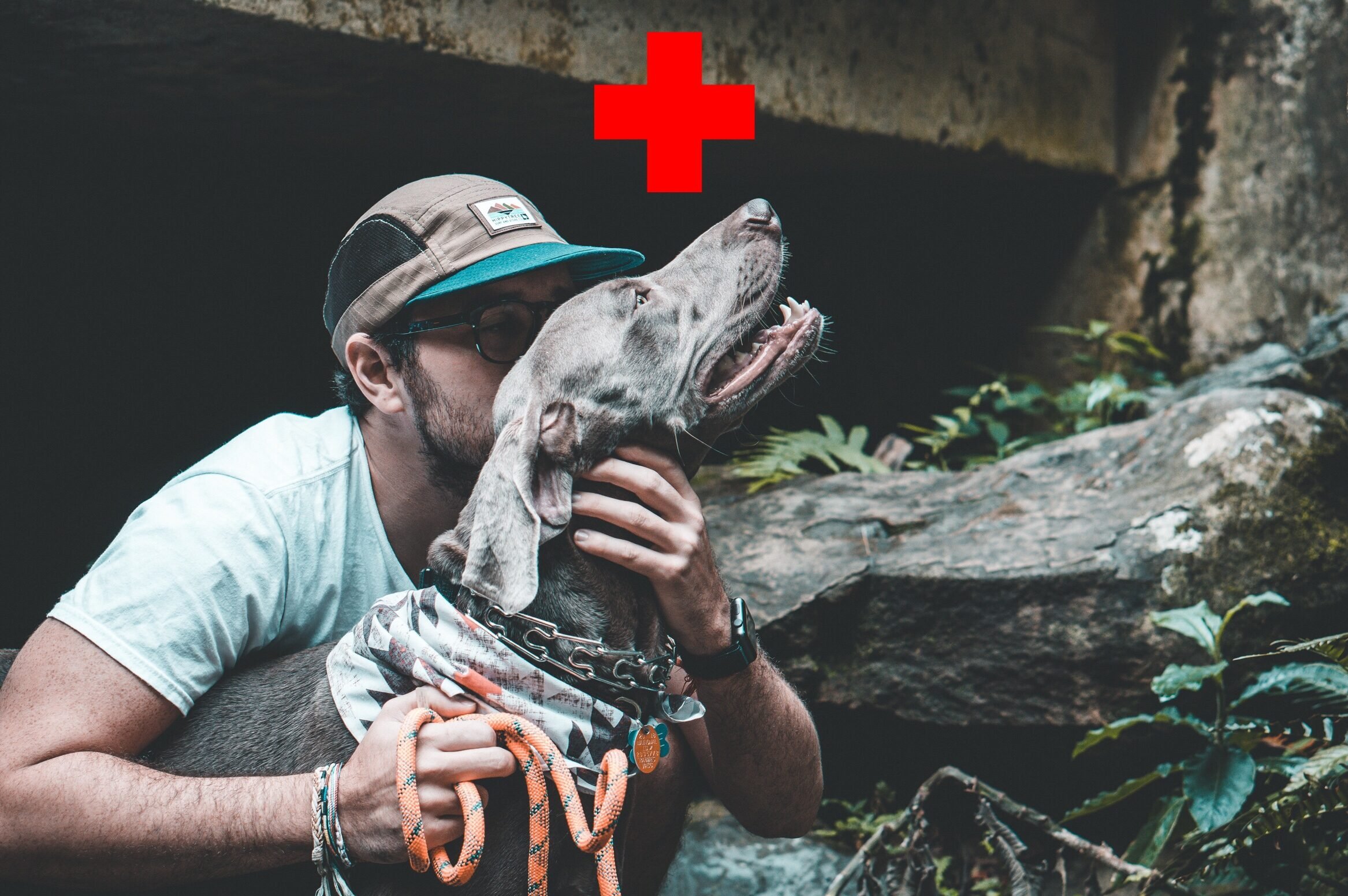
Emergency Services FAQ
Where’s The Hospital Located?
We are currently located at 1014 Dale Street N, St. Paul, MN 55117
At the intersection of Dale St. & Lawson Ave.
Click here to open in Google Maps: 1014 Dale Street N, St. Paul, MN 55117
What Are Your Fees?
The examination fee for Emergency Services patients is $200.00 for exotics and $175.00 for dogs and cats. This is the same on weekends, overnights, and holidays. This exam fee does not include any diagnostics, treatments or medications beyond the physical examination and veterinarian’s assessment. All fees are due that the time of service. Estimates of cost can be provided following a veterinarian examination.
Click here for payment policies.
Should My Pet Be Seen?
Any health problem, if left untreated, can quickly progress from minor to major. This is why we would recommend seeking veterinary intervention when you first notice any signs or symptoms that are concerning to you. Commonly concerns are seldom a ‘life threatening event’ but rather having the familiarity with your pet to know that they are uncomfortable.
Common conditions seen by Urgent Care (this list does not include all potential urgent conditions)
Cuts, bleeding or lacerations
Injured/torn toenail
Fight or bite wounds/injuries
Ear injury or infection
Eye injury or infection
Urinary infections
Skin infections
General malaise or lethargy
Sports injuries
Limping or lameness
Stomach upset: including inappetance, vomiting and/or diarrhea
Increased body temperature (Canine and Feline over 103F, please call for other species)
Change in attitude or alertness
Ingestion of unapproved or unknown substance or objects
Emergency Situations (this list does not include all potential emergency situations)
Difficulty breathing
Pale, white, or grey gum color
Uncontrolled or excessive bleeding
Prolonged or uncontrolled seizure activity
Significant blunt force trauma (i.e. hit by car or animal fight)
Ingestion of toxic substances (xylitol, antifreeze, cocoa mulch, Tylenol, ibuprofen, etc.)
Inability/ excessive straining to urinate or defecate
Facial swelling and/or hives
Staggering or loss of balance/coordination
Bloated or distended painful abdomen
Uncontrolled vomiting and/or diarrhea
Sudden loss of vision or changes in awareness
Uncontrolled and/or debilitating pain
Como Park Animal Hospital is proud to help with you with all types of pet healthcare, whether it’s emergency, urgent care, or preventative care.
How can I tell if my pet is in pain?
Signs of pain can sometimes be difficult to pinpoint. Your pet can’t tell you how much or where it hurts. Pain is not normal. If you are unsure, a physical examination and assessment by a veterinarian is the best way to determine if and how badly your pet is in pain. DO NOT treat pain on your own – some pain medicines can be toxic in any dose to certain animals – always consult with a veterinarian before starting, stopping or changing a pain management treatment.
You know your pet best. If you think he/she is in pain or uncomfortable, you are probably right. In general, if your pet is not behaving normally or is not responding to you or pleasant stimuli normally, then something may be wrong or he/she may be experiencing pain.
My pet ate something he/she shouldn’t have. What should I be worried about and what can I do?
Our pets eat all kinds of things, including things they shouldn’t. When in doubt, always consult with a veterinary professional. Please keep the packaging, and bring it in with you if you bring your pet for treatment. It is NOT always appropriate to make your pet vomit. Some substances can injure your pet or you if they are vomited up. Please consult a veterinarian before treating or inducing vomiting at home.
Risks associated with ingestion of foreign objects and substances include:
Choking
Blockage of or Injury to the GI tract (throat, stomach, intestines, colon)
Bleeding
Poisoning – illness, seizures, bleeding, organ failure, brain damage, death
Infection
Parasites
What kinds of things are toxic or poisonous for my pet?
This is list does not include all potential toxins to your pet. If your pet ate something besides his or her normal food or treats, please consult with a veterinary professional about potential risks and treatments. Click here for a link to Pet Poison Control for more information.
If your pet eats something on the list below, please call immediately!
Rodent Poison (rat, mouse, gopher, etc)
Pesticicides
Fertilizers
Some artificial sweeteners – Xylitol
Human medications – cold medicines, cough syrups, NSAIDS (Tylenol, Ibuprofen, Aleve), narcotics, heart medications, antidepressents & more
Chocolate
Cocoa Mulch
Household Chemicals
Lead & Mercury
Lilies
Any illegal drug






